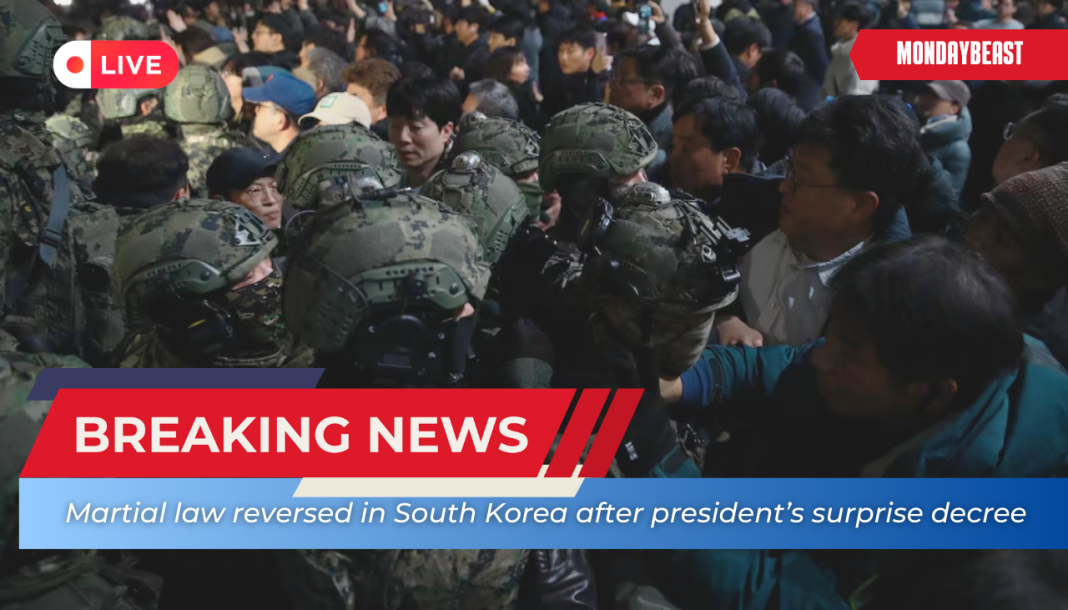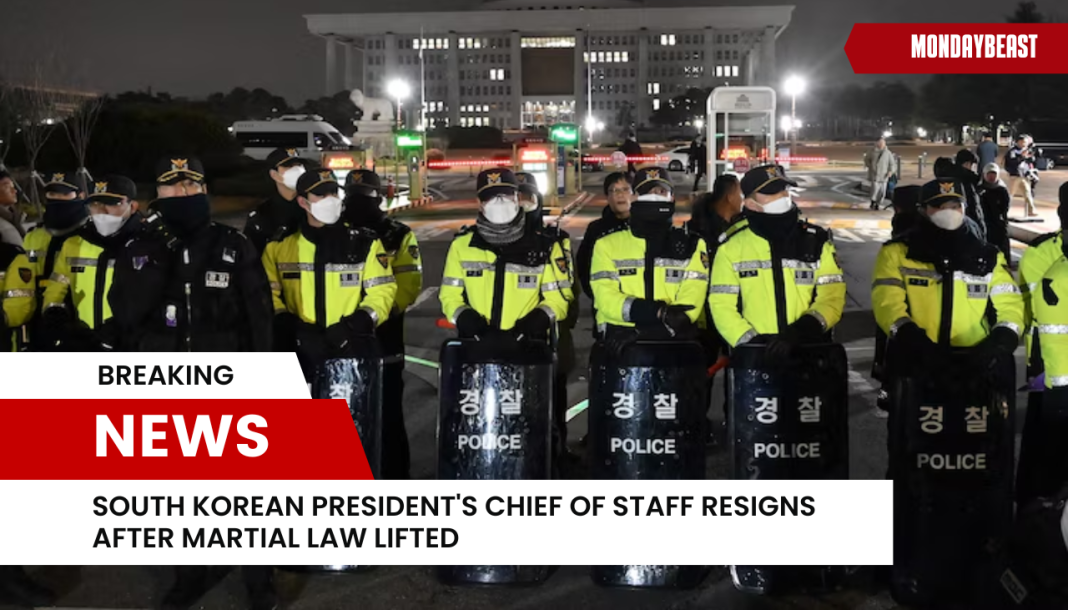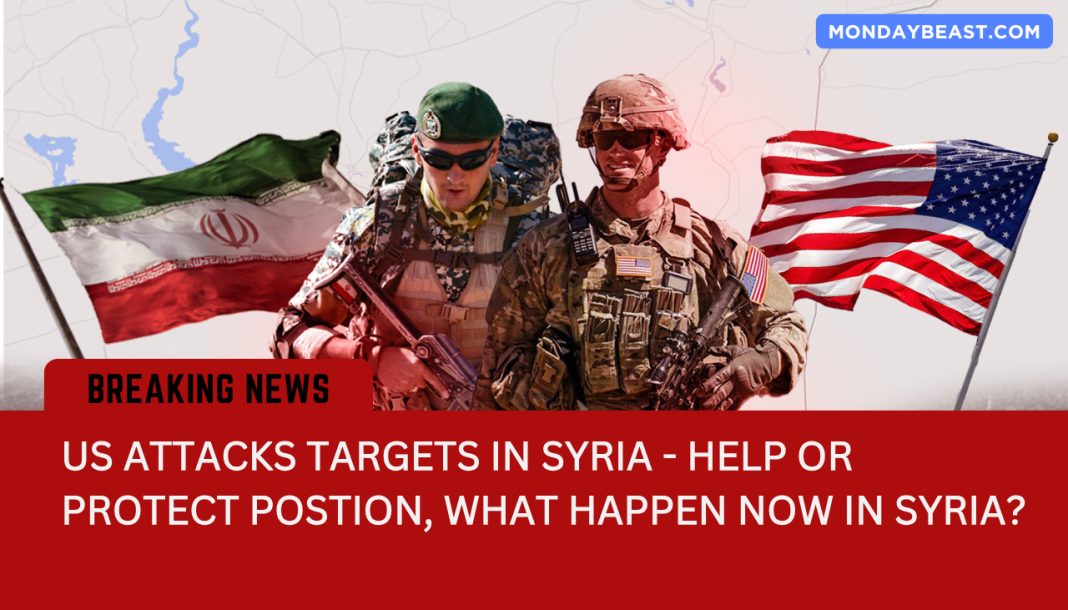Understanding the Context
In a dramatic twist, South Korean President Yoon Suk Yeol issued a martial law decree. This announcement sent shockwaves through the nation. Citizens, lawmakers, and even international allies were caught off guard.
Can you imagine the fear and uncertainty gripping the citizens of Seoul? In a matter of hours, concerns grew as troops were deployed, bringing back memories of authoritarian control.
A Sudden Reversal
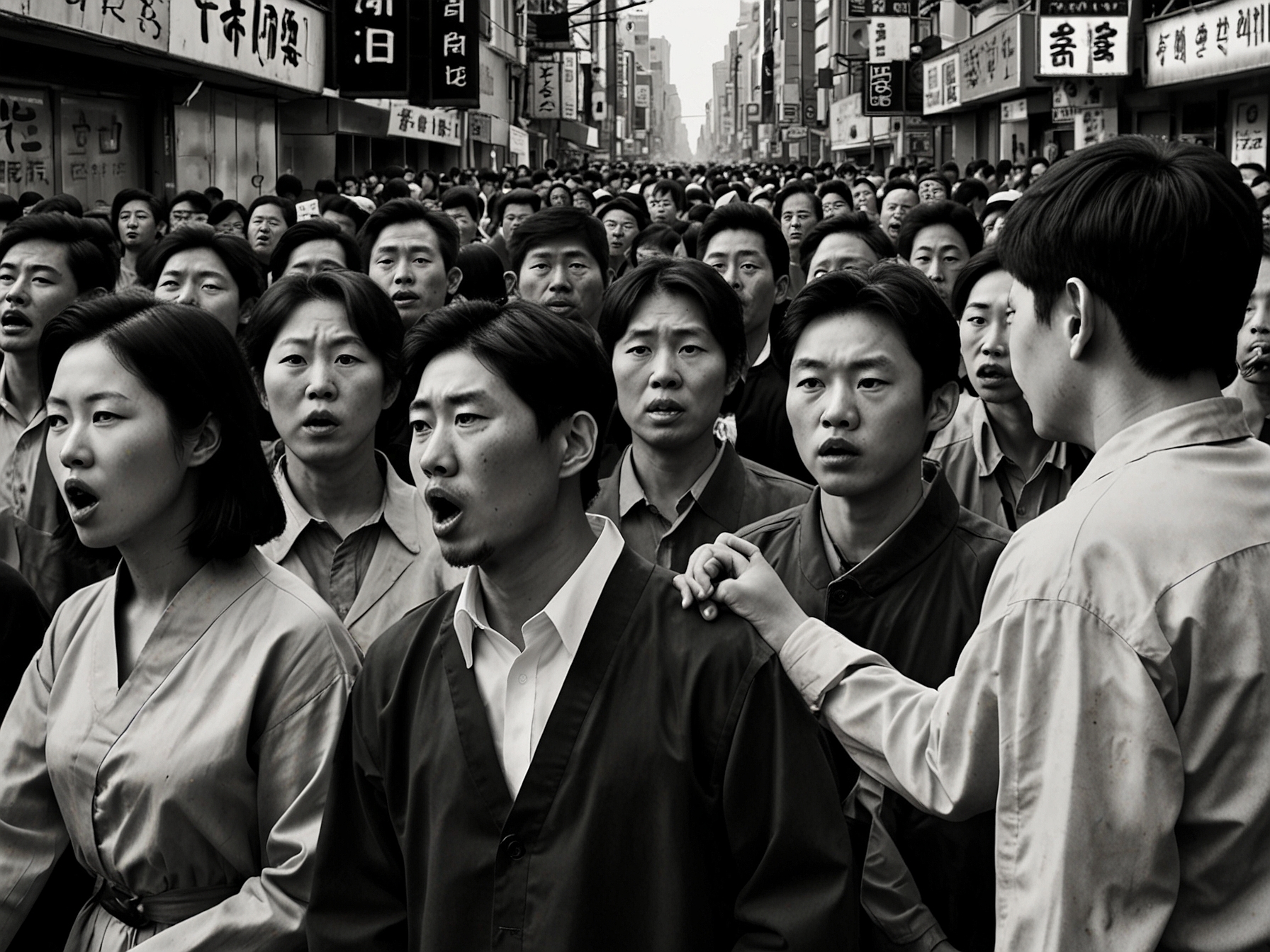
Just before dawn, President Yoon backtracked. His cabinet swiftly rescinded the martial law order, withdrawing troops who had entered the National Assembly. For a moment, the tension hung heavy in the air.
The withdrawal of troops was met with cheers from citizens outside the assembly. Did anyone ever expect this sudden shift after such a grave declaration?
Political Backlash and Fallout
The backlash was swift. Lawmakers scrambled to hold Yoon accountable. The opposition Democratic Party was relentless, threatening impeachment proceedings.
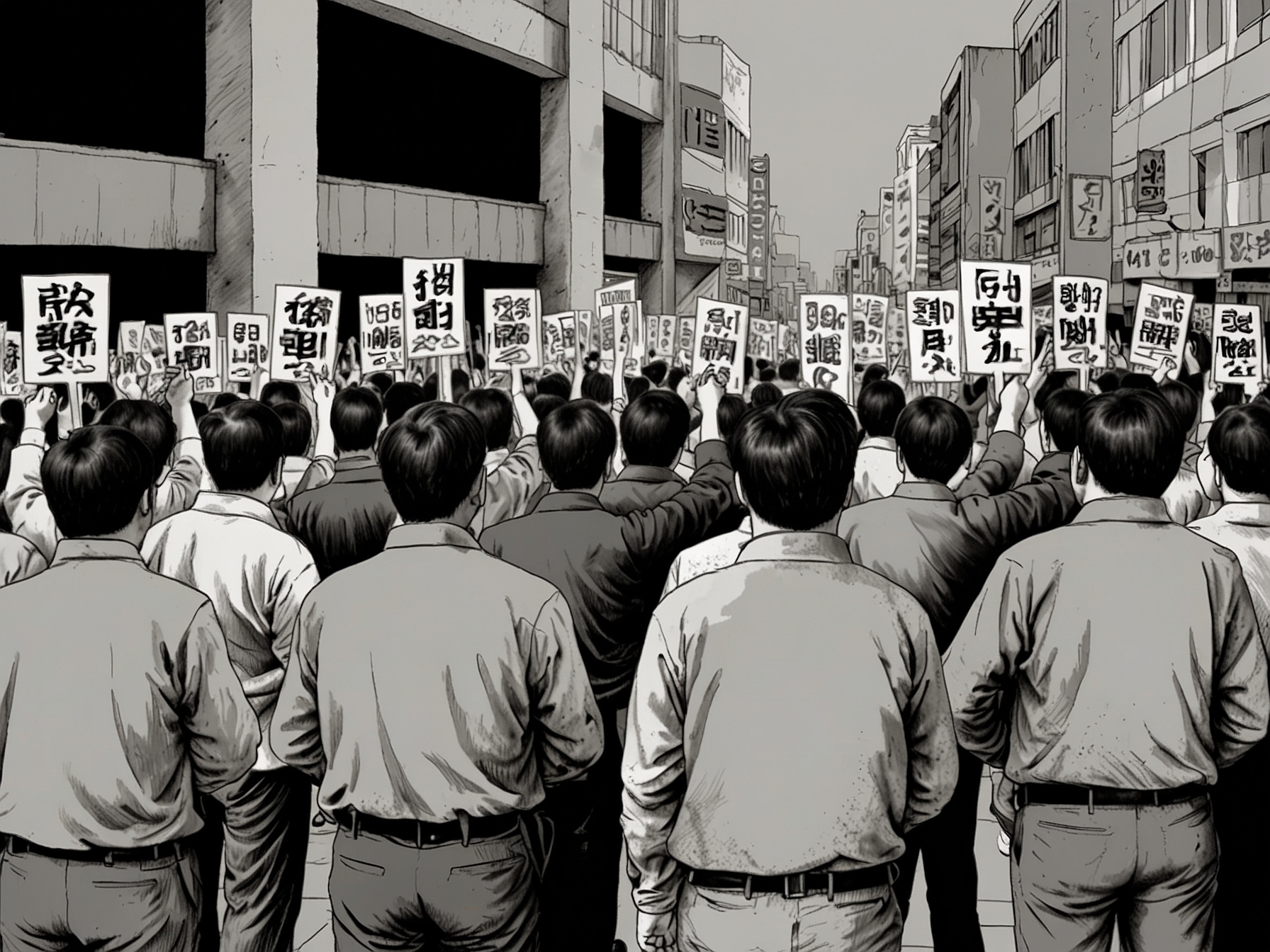
They charged that this was an outright assault on democracy and the Constitution. How does a leader even hope to recover from such a deep political divide?
The Voice of Concern
The citizens were not silent. Scenes played out on the streets of Seoul as people voiced their discontent. “Yoon Suk-yeol, step down!” echoed among the throngs gathered outside.
It was a collective cry for accountability. Who would have thought a late-night address could spark such an uproar?
Memories of the Past Reawakened
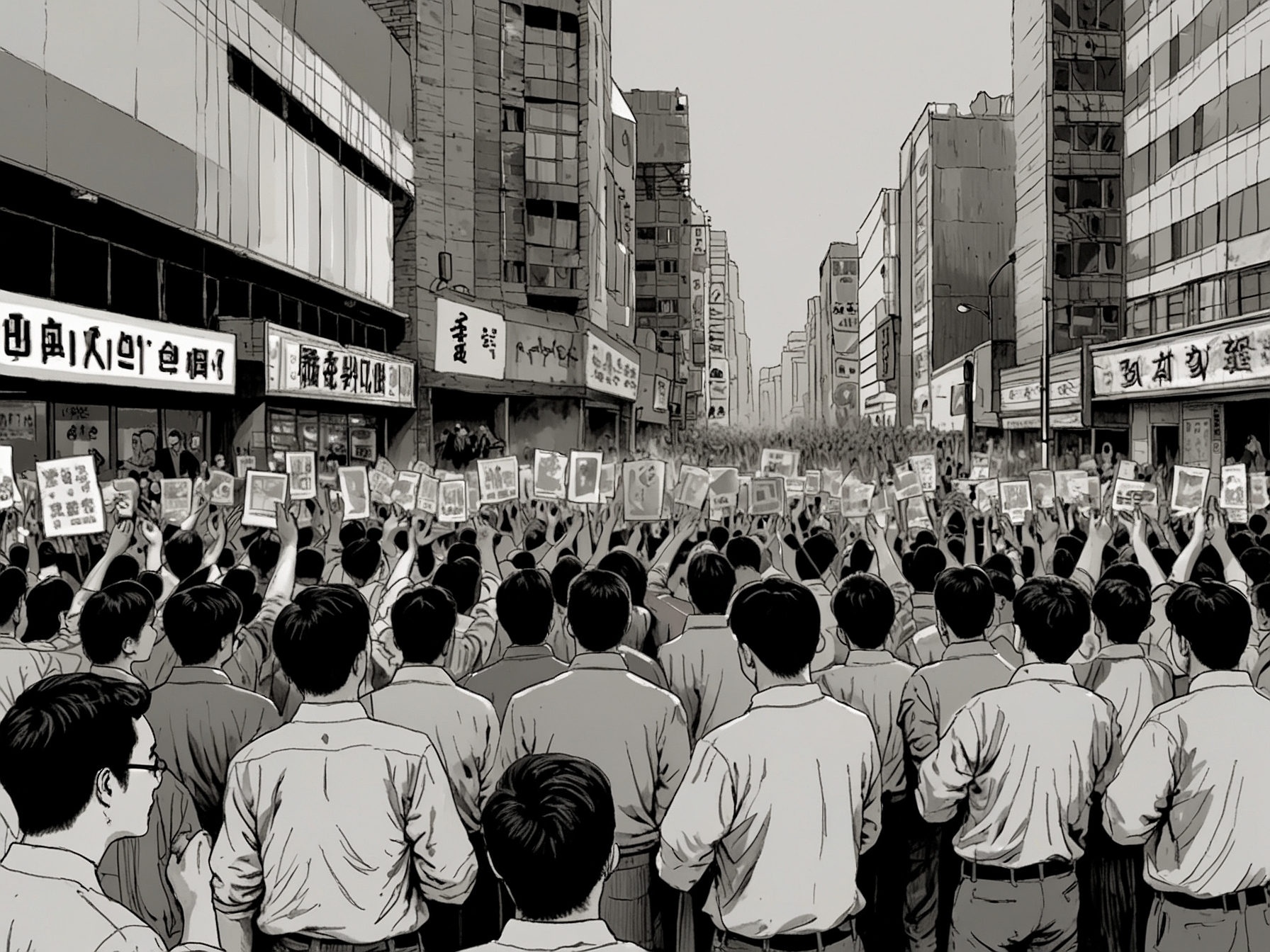
Yoon’s declaration of martial law revived haunting memories for many. The last similar occasion was in 1980, a painful chapter in Korea’s history. Students protesting against a brutal regime faced severe repression.
This history cast a long shadow over the current political landscape. Was this an echo of past mistakes?
International Implications
The international community took notice. The U.S. was caught by surprise, expressing deep concern for its ally. They were not informed in advance of Yoon’s drastic measures.
This caught many off guard. What does this mean for the stability of the region?
An Uphill Battle for Yoon
President Yoon faces an uphill battle to maintain his presidency. His popularity has already been waning, thanks to ongoing controversies. His tough stance on North Korea, while popular among some, alienates others.
Can Yoon find a way to unite a divided nation?
Searching for Solutions
Moving forward, South Korea stands at a crossroads. Where does it go from here? Citizens want answers and reassurance.
The political tensions could lead to unrest or even violence if not addressed. What steps can the government take to restore faith in its leadership?
The Road Ahead
As South Korea navigates these tumultuous waters, one question looms large: Will democracy prevail? It’s a poignant moment for a nation that has fought hard for its freedoms.
The world watches closely, as does the future of a vulnerable democracy.

